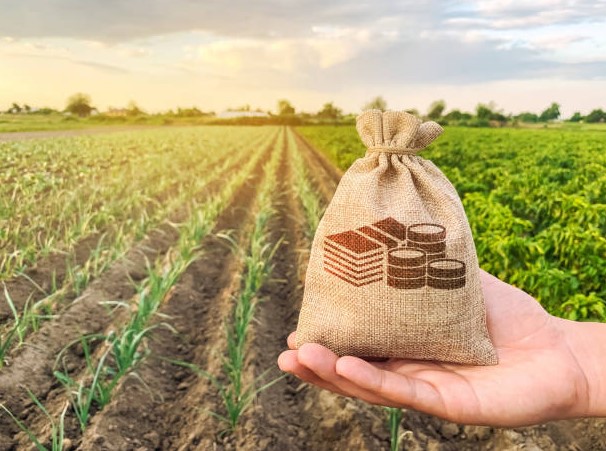
Agriculture in climate finance refers to the strategic allocation of financial resources to support agricultural practices that are resilient to climate change and contribute to reducing greenhouse gas emissions. This approach, often termed climate-smart agriculture (CSA), integrates sustainable farming techniques with financial mechanisms to enhance productivity while mitigating environmental impact. Climate finance in agriculture aims to provide farmers, especially smallholders, with access to capital for adopting innovative technologies and practices that improve crop yields, conserve water, and reduce carbon footprints. By leveraging both public and private investments, climate finance helps build a more sustainable and resilient agricultural sector capable of withstanding the adverse effects of climate change.
The importance of agriculture in climate finance is underscored by the sector’s significant contribution to global greenhouse gas emissions and its vulnerability to climate-induced events such as extreme weather and changing precipitation patterns. Climate finance initiatives focus on creating enabling environments for sustainable agricultural practices, including providing technical assistance, improving access to markets, and developing risk management tools. These efforts not only enhance food security and farmer livelihoods but also contribute to broader climate goals by promoting practices that sequester carbon and reduce emissions. As the global community intensifies its efforts to combat climate change, integrating agriculture into climate finance strategies is essential for achieving sustainable development and environmental resilience.
